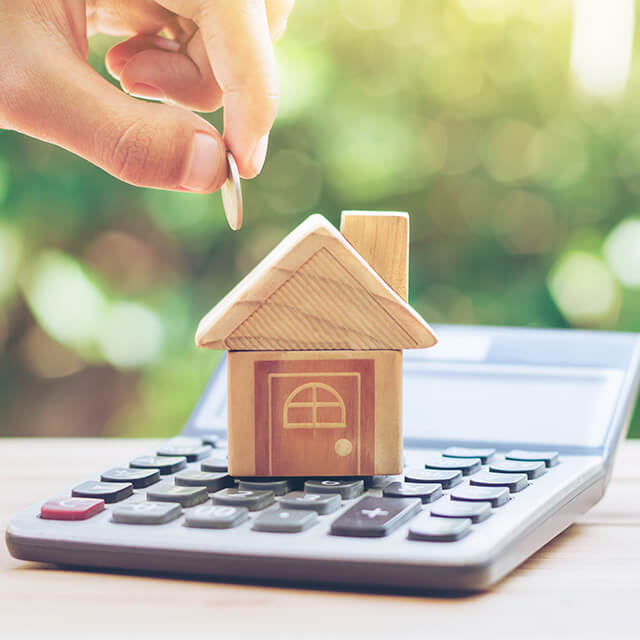Life gets busy and things can happen quickly. You may need a new car, want to consolidate your debts, or have to renovate your bathroom because of a burst water pipe. At times like these, you might need to borrow money to achieve your financial goals.
You’ve been paying your monthly mortgage repayments for some years now, which means you could increase your home loan to fund other things. This is called a home loan top-up and allows you to borrow additional funds against the equity you have in your home.
If you can make extra repayments, topping up your mortgage might be the way to go if you need a little extra cash to tide you over.
Here’s what you need to know about home loan top-ups:
They’re not the same as refinancing
Refinancing means getting a new loan – usually with a different lender. Topping up your mortgage means you’re increasing your current home loan with the same lender. In some cases, it might be a new loan with the same lender.
Figuring out your top-up number
How much you can top up your home loan depends on a few factors.
Your mortgage type and structure
Ask your mortgage broker whether your current home loan allows top-ups.
The equity in your home
Topping up a mortgage is a viable option for anyone who has equity. Your equity is determined by the current market value of your property and the total remaining balance of your home loan. For example, if your house is valued at $750,000, and your outstanding loan balance is $350,000, then your home equity is $400,000.
But that doesn’t mean you can increase your mortgage by $400,000.
Lenders will apply a loan-to-value ratio to determine the additional amount of money they might lend you. Generally, this is 80% of your property’s value. So, a market value of $750,000 multiplied by 80% is a potential loan value of $600,000. Minus your outstanding home loan of $350,000, and you may be able to increase your mortgage by $250,000.
You might be able to borrow more if you have mortgage insurance – although it’s not guaranteed.
What you can afford to repay
When you increase the amount you owe on your mortgage, your repayments will increase too. Your lender will reassess your financial circumstances to work out if you can afford those extra repayments. You might need to resupply documentation verifying your income and liabilities (if they’ve changed), and they’ll also run a new credit check.
So, should you apply for a home loan top-up?
If you have equity in your home, and you can afford to meet higher monthly mortgage repayments, you may consider topping up your home loan. But, just like all types of loans, there are pros and cons.
The pros
- Lower interest rates. Home loans tend to have better interest rates than other loans, like a credit card, personal, or car loans.
- Consolidated debt. Topping up your mortgage to pay off other debts means one monthly repayment rather than several different loans, saving you time and interest.
- When interest is charged. Interest will only be charged on your outstanding balance when you withdraw the money.
- Simple application process. Because your current mortgage lender already knows you, it might be easier to apply with them than with someone else.
The cons
- Tax implications. If you’re borrowing top-up money to fund an investment property, there may be tax implications you need to factor in.
- More debt and interest. At the end of the day, a mortgage top-up is more debt and possibly more interest over the life of your loan. For example, the cost of a new car will be spread out over 20-30 years, rather than a couple of years with a car loan. You should be paying your home loan off, not increasing it. It may be best to save the money instead.
- Higher repayments. When you increase your mortgage, you’re also increasing your monthly repayments. Only take this on if it’s something you can afford to do long-term.
- Extra fees. Depending on the lender, you may have to pay another loan establishment fee, adding to your total mortgage balance.
Get your mortgage paid off quickly
Topping up your mortgage might be something you can do, but that doesn’t mean it’s the best way to go. It might make more financial sense to save for a new car rather than borrow the money. That’s why before getting a mortgage top-up you should speak with a mortgage broker – and plan. They’ll assess your financial situation to ensure the decision you make is the best option for you.
Need a top-up? Contact the team at Global Finance today to find out what your options are.

